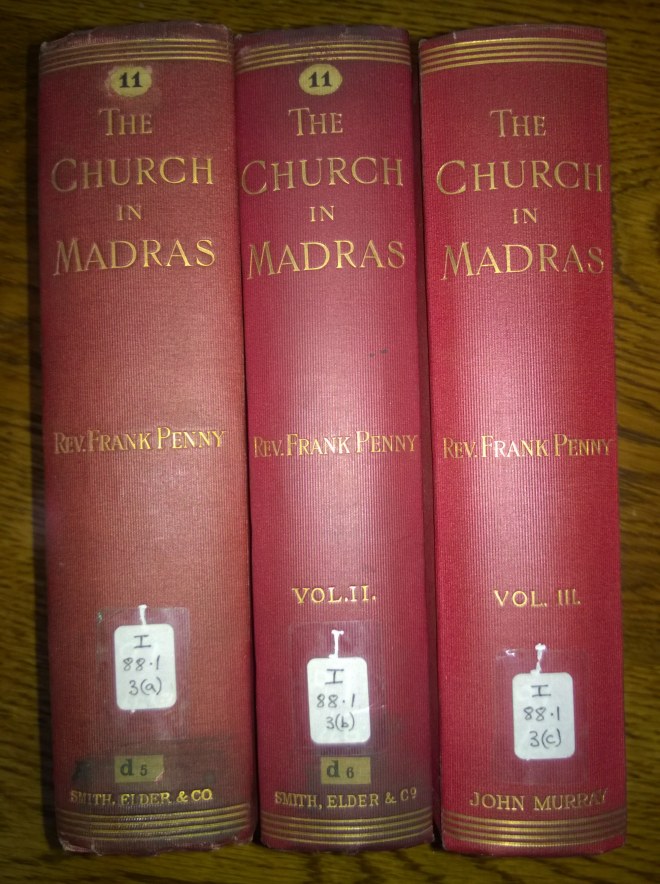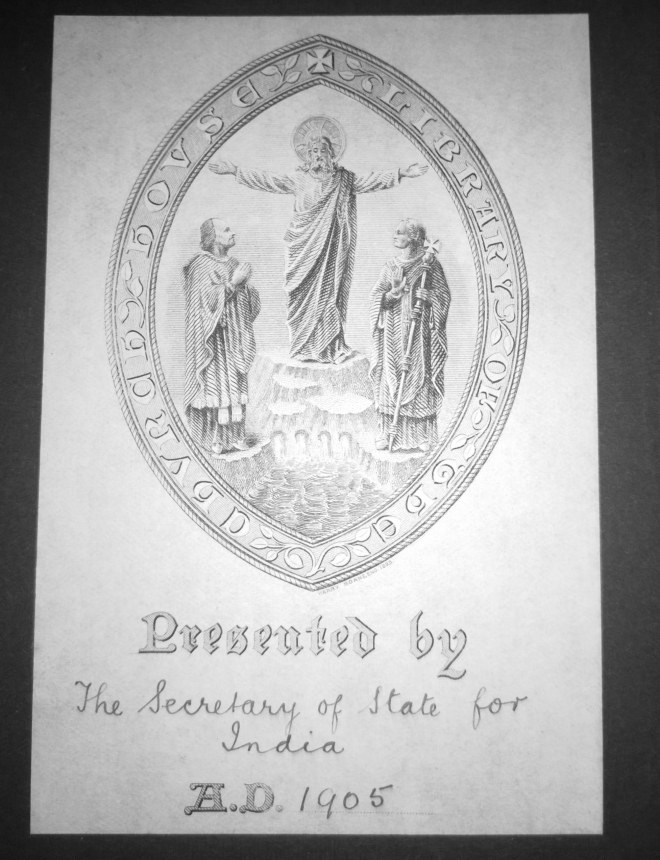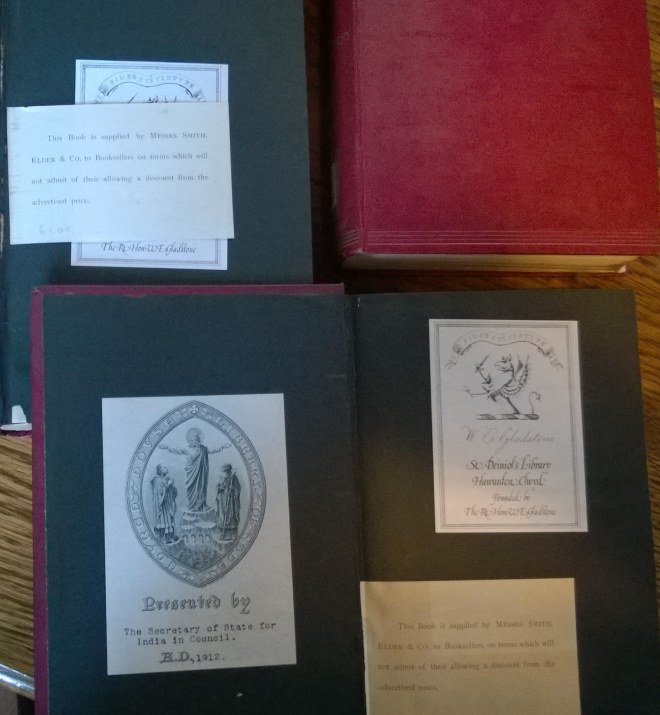Archive
12 Books Read in 2022:
1. Singapore Swing, John Malathronas, Summersdale, 2007, 318pp
I read this book as I’d been in Singapore in the past. Quite likeable, but including too many Buddhist myths: 2 stars.
2. Lion and the Unicorn – Gladstone v Disraeli, Richard Aldous, Pimlico, 2007, 368pp
I’ve been to Gladstones Library in North Wales several times, so this was an interesting book to read. It’s hard to work out who came out on top, as these men had both strengths and weaknesses. However, this is a great book and well worth reading: 5 stars.
3. A Field Guide to the British, Sarah Lyall, Quercus, 2008, 277pp
The author is American, and I’d recently read a book by her husband, Robert McCrum, ‘Every Third Thought’, about his stroke in London (very good). However, this book looks at the many differences between the UK and America. Quite interesting: 3 stars.
4. Conclave, Robert Harris, Penguin, 2017, 380pp
This is one of my favourite authors. This book is good, and I enjoyed it very much. It basically looks at ‘power’ in the Catholic Church as the Cardinals choose their next Pope. Definitely worth reading: 4 stars.
5. Prisoners of Geography, Tim Marshall, Elliott and Thompson, 2016, 304pp
An excellent author. I came to read this book quite late, but it is so good. It looks at ten regions and countries around the world, including Russia. I learnt so much from it. Do read it: 5 stars.
6. Crete (Travel), Fisher and Garvey, Rough Guides, 2022, 380pp
7. Crete (Travel), Marco Polo, 2018, 156pp
We visited Crete last year. These are the two books we took with us. Both very good: 4 stars.
8. Operation Mincemeat, Ben Macintyre, Bloomsbury, 2010, 414pp
Another good author – I love what he writes. This book looks at an Allied attempt at fooling the Germans in WW2. Good film too. It’s set in Spain, and apparently it changed the course of the war. Somewhat of an unbelievable plot, but it seemed to work: 4 stars.
9. Power of Geography, Tim Marshall, Elliott and Thompson, 2021, 380pp
More Tim Marshall, and more regions/countries of the world including ‘Space’ as well. Again, I learnt so much from reading this book. Please get one yourself, it’s very good: 5 stars.
10. Crossways, Guy Stagg, Picador, 2018, 416pp
An interesting author, and for Guy, this was a ‘secular’ pilgrimage as he’s a practising non-believer. Guy walked across Europe, through Turkey and he finished in Jerusalem, Israel. I heard him speak recently and enjoyed what he said. I like this book, and he is quite open about all that he saw en-route. A very useful book, and I hope you enjoy a good read too: 4 stars.
11. A303 – Highway to the Sun, Tom Fort, Simon and Schuster, 2019, 355pp
I live in the South-West of England now, and use this road quite frequently. It’s a much better road that the M4. This is an excellent book, and I really enjoyed reading it: 5 stars.
12. Andalucia and Gibraltar (Travel), Noble and Forsyth, Lonely Planet, 1999, 440pp
We visited Spain at the end of last year. This was a helpful book, although it was the first printing: 4 stars.
Review: The Church in Madras (Rev Frank Penny) 1904-12
‘The Church in Madras’
A 3-volume red hardback set (I.88.1) housed in Gladstone’s Library, Hawarden, Wales.
Written by Rev Frank Penny from 1904. Final volume published in 1912.
Frontispiece: Presented by the Secretary of State for India (1905, Vol 1-2), Presented by the Secretary of State for India in Council (1912, Vol 3).
Vol 1 1640 – 1805 Inc. St Mary’s, Madras, page 81
Vol 2 1805 – 1835 Inc. St Stephen’s, Ooty, page 320
Vol 3 1835 – 1861 Inc. All Saint’s, Coonoor, page 169
It was thrilling to see on page 196, the word ‘should’ written in pencil in the margin by William Gladstone replacing ‘shall’, proving that Gladstone himself read these volumes!
The East India Company (EIC)
The EIC was neutral about Christianity and its work, but their Charter of 1698 (renewed in 1792 by William Wilberforce) required them to employ Chaplains. These, in turn, had to be approved by the Bishop of London and had to be from the Protestant Communion.
However, the EIC officially discouraged and sometimes prevented the work of missionaries and Christian mission. The Royal Danish Mission and the SPCK (mostly Germans) worked in the south of India for the ‘Great principle of the duty of promoting Christian Knowledge’. There was therefore a marked difference between the work of the EIC Chaplains and that of the SPCK missionaries.
Fifteen Churches were built within the bounds of the Madras Presidency by the Company and six or eight more were built privately.
By 1835-61, 41 Churches had been built in India.
See also – Bishop Stephen Neill, ‘The History of Christianity in India’.
Travel – Gladstone’s Library (St Deiniol’s), Hawarden, North Wales
Gladstone’s Library was founded by Victorian Statesman, William Ewart Gladstone (1809-1898), arguably Britain’s greatest Prime Minister, and the most significant Anglican lay person of the last two centuries. Four times Liberal Prime Minister, four times Chancellor of the Exchequer and a Parliamentarian for 63 years, few politicians have achieved as many lasting reforms as Gladstone. He even came within a hair’s breadth of bringing peace to Ireland with his sadly ill-fated Home Rule Bill.
Gladstone was a pragmatic political leader with an insatiable interest in history, literature, the classical world and theological dispute; a voracious reader who read 20,000 books. Britain at this time was the most powerful nation on earth, at the height of Queen Victoria’s imperialism.
I find it hard to reconcile Gladstone’s clear Christian conviction with the hypocrisy and barbarity of Empire. Yet he was solidly at the heart of it. Was he compromised by this or did he provide the conscience against even greater excesses?
‘We look forward to the time when the power of love will replace the love of power. Then will our world know the blessings of peace … nothing that is morally wrong can be politically right’. W. E Gladstone.
Gladstone, a millionaire, lived in the Castle in the village of Hawarden, North Wales, just a few miles from Chester. This is the site of St Deiniol’s Library which Gladstone founded. He bought the land in 1889 and the Library opened in 1894. The present Grade 1 listed building was opened in 1902 as the National Memorial to Gladstone. It is the only Prime Ministerial Library in the UK and is unique in being a residential library with 26 study bedrooms, some now fully refurbished and en-suite.
It’s a fascinating Victorian building; with the double-tier library occupying one entire wing and the residential areas including the dining room, kitchen and chapel the other. The bedrooms and offices are spread across the whole of the first floor. You quickly get to find your way around as the building is not actually that large.
I decided, after my week, that this is a rather special and unusual place.
Gladstone’s influence pervades the entire place. There is a huge granite statue in the grounds gazing out over the village! There are pictures, busts and other statues of the GOM (Grand Old Man) everywhere including a photo collage detailing the main aspects of his life in the main corridor leading to the dining room.
The library was created around Gladstone’s original donation of 32,000 books. It houses a world renowned collection of theology and nineteenth century studies. The collection boasts more than 250,000 items. Gladstone wanted his library to be a country house “for the Pursuit of Divine Learning”, offering ‘insight and refreshment’ to visiting scholars and users.
The library is galleried with access to the second floor up some very narrow, winding and rickety stairs with rope handholds! Here you go back in time. This is an old-style ‘quiet’ library; individual study tables with desk lamps and old comfy leather chairs. It’s extremely conducive to study and thought, which of course is the USP of the place. It’s why it works so well. You come here specifically to think, write, study, reflect and retreat. It’s open in the evening until 10pm which I found to be a real boon.
The book collection covers mainly theology and history with the emphasis on publications from the late Victorian period. The GladCat computer system makes finding books within the library very easy indeed. There’s a thrilling touch of serendipity to come across books with Gladstone’s own pencilled annotations!
The property has a mixture of older and the newer refurbished bedrooms. I had one of the older rooms (Room 7, no view) which was very spacious, with the bathroom directly opposite. There are no TV’s in any of the bedrooms which I think is good! Broadband is fast, free and available throughout the building although one guest said it didn’t work in some of the bedrooms. I had no problems. One bug-bear however was the horrible noise late at night and early in the morning caused by the expansion of the hot water pipes!
I found that in a very short time, the place draws you into its own daily rhythm. You feel very much apart from the day-to-day. There’s a lovely modern Chapel on the ground floor. Communion takes place each weekday morning at 8am, following the Church of Wales Anglican liturgy.
The ‘Food for Thought’ Coffee Shop replaces the dining room during the day and provides snacks and drinks. I found the food overall – both in quantity and quality – adequate but not noteworthy. After dinner, the Gladstone Lounge takes on the atmosphere of a club or common room. An honesty bar operates from this room. There is a good selection of daily newspapers available both in the dining room and in the lounge. The Fox and Grapes pub, just a short distance away across the road, serves good beer and food if, as I did, you want to get away from the library for just a while.
‘Be inspired with the belief that life is a great and noble calling, not a mean and grovelling thing that we are to shuffle through as best we can, but an elevated and lofty destiny’.
W. E Gladstone.











Recent Comments